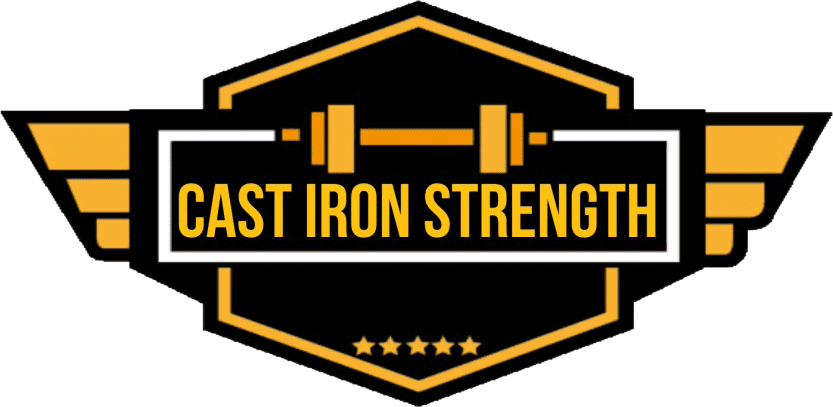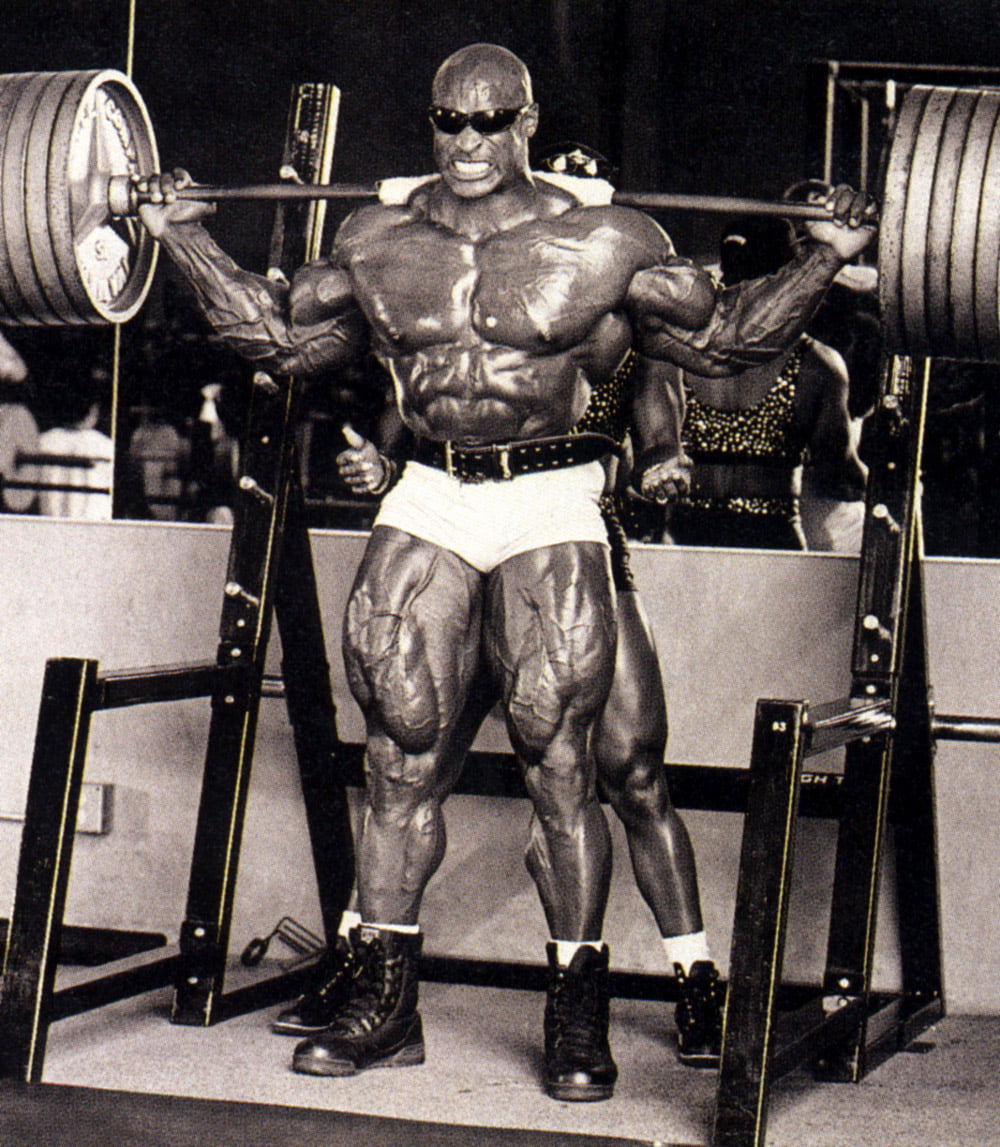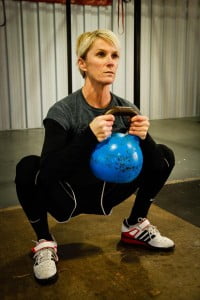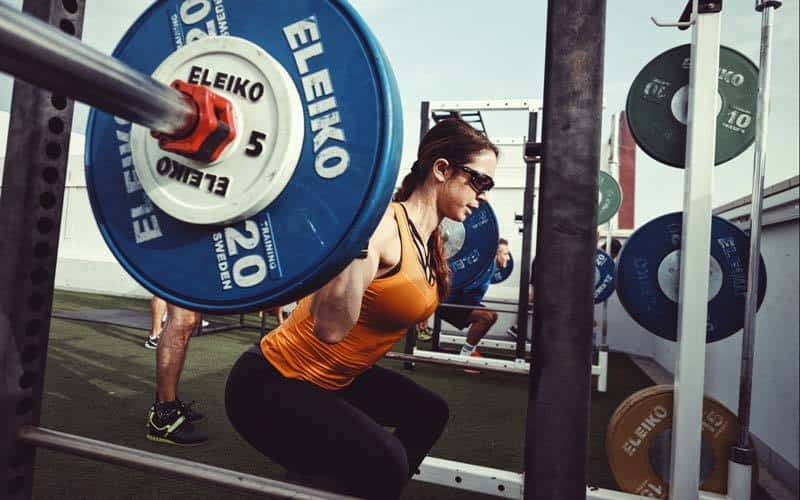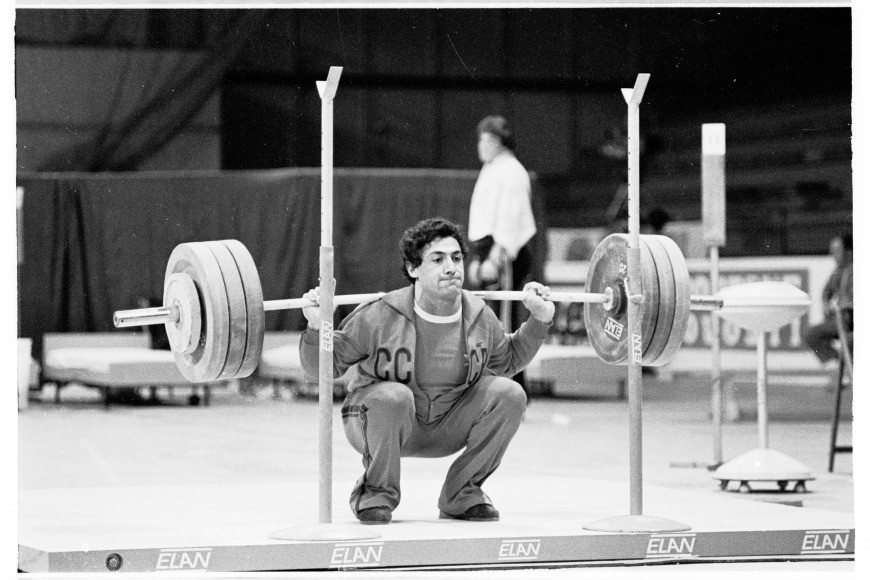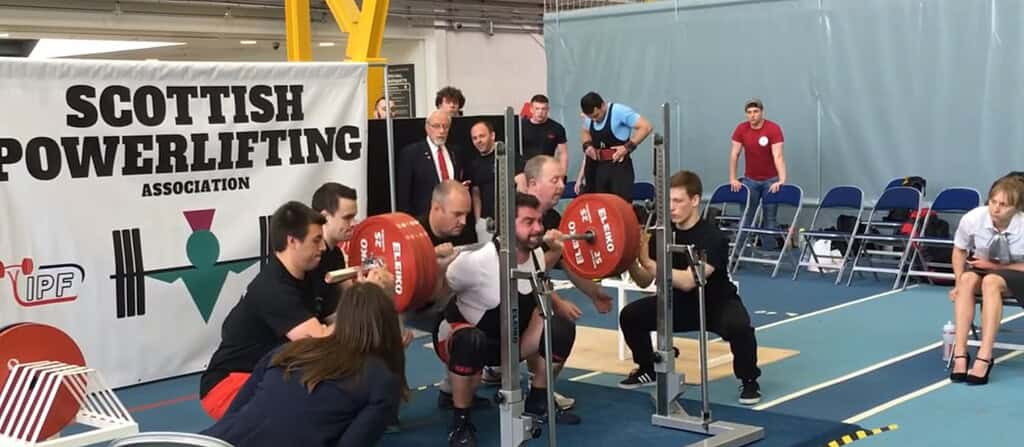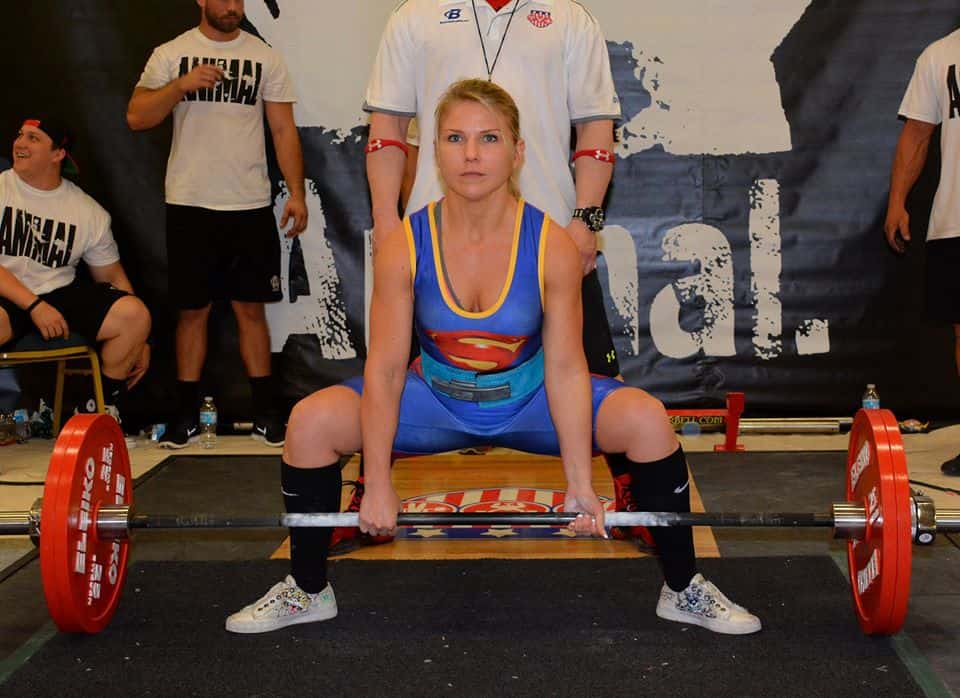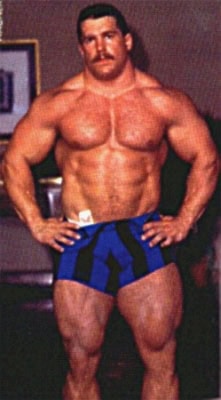It’s the one lift pretty much every one does. Powerlifter – Squat, Weightlifter – squat, Strongman – Squat, Footballer – Squat, Rugby Player – Squat, Thrower – Squat, you get the idea. It is however one of the most butchered exercises in the gym I am still in the position where when I see a good squat in a public gym I am impressed. Since it is a movement a lot of people struggle with it’s a movement a lot of people don’t like because it’s hard or uncomfortable. The oppisitie is true of people who can do it well the fucking love it. So what gives why are some people good at it and other people terrible at it? What can I do to not be awful at the “king of exercises”?
Stretch you inflexible P.O.S.
Without question the number one reason people struggle to squat properly is because they lack the basic range of motion in muscles/tendons and the mobility in their joints to achieve an acceptable squat position. It’s a pretty long solution but it is the one that will have the most impact on your ability to squat well in the future. I have found through experimentation with myself and others that in order of usefulness for getting better in situ you might want to try these things
- Position specific stretching (heavy pause squat, goblet squat, banded squat stretch, bw squat stretch) you can spend anywhere form 20 second to 2 minuites in these positions to help to open up your hips and allow you to hit the correct positions.
- Static stretching of key/problem areas performing traditional static stretching after a session or in your own time can definitely augment your lifting and give you increases range of motion and allow you to get into the correct positions. (key areas – lower back, hamstrings, hip flexors, calfs, glutes, shoulders and upperback)
- Foam rolling in conjunction with dynamic stretching – a good way to prepare for a session it can help to warm you up and get acute increases in your range without any losses of strength or speed.

I collapse out of the bottom / fall forward in the squat.
First and foremose make sure it is not because of reason one (aka your not flexible enough to maintain a good position) not being able to stand up correctly can be a difficult problem to solve and is a problem where a coach can be hugely beneficial since they can do the trouble shooting. Falling having a competent coach on hand here are three common errors and ways to combat them.
- You bar is too high up on your shoulders for your flexibility or body shape – this causes the weight of the bar to go out in front of your centre of balance/mass which means the bar will pitch you forward in the lift. solution – place the bar further down your shoulders.
- You can’t extend your upper back into the bar this means similar to the previous point you can’t get your balance and the bar will pitch you forward. Solution – mobilise your thoracic spine using foam rolling and stretching/realising your lats.
- You lack the postural strength in your back to maintain the position against heavy working loads, you can go down in a good shape but as soon as you push up into the bar it’s like pushing into a trunk made out of spaghetti solution – use positional drill to challenge your postural strength – heavy pause squats, stiff leg deadlifts, hyper extensions can all help to strength your trunk and allow you to push into the bar upwards without loosing position.

Back squat hurts my lower back
This is a common issue around 60-80% of the adult US population suffers from chronic lower back pain the thing is when the back squat is performed correctly you really shouldn’t feel it in your lower back. Your hips and spine shouldn’t move too far away from the bar at any time and most of the forces should be taken through the knee and hip. That being said if squat causes you lower back pain it can eliminate one of the best exercises in the gym from your programme which is in a loose loose situation. Here are some solutions to why squat hurts your back.
- Your not flexible enough to squat correctly – see point one.
- You loose your spinal positon in the deep squat position commonly known as butt wink. Whilst this isn’t neccicarly a problem if it causes you pain it is. Two solutions is to limit your squat range (using a box or bench) and to stretch your hamstrings.
- You squat using a low bar position a.k.a. you got ripptoed. Very few good lifters use such an exaggerated low bar position so you probably should look at how weightlifters or top powerlifters squat take notes and try and copy them.
- You form is shit, this is the most common problem and related to pretty much everything we have talked about this far so the best thing for you to do is to seek the help of a coach or to swap over to front squat since it is pretty much idiot proof due to the balance of the lift.
The Squat hurts my knees.
Like the lowerback issues the problem isn’t with the exercise it is with you and most problems can be addressed. Some people due to surgery have heavily compromised knees but it doesn’t mean you can never do what you want to do as the picture above this should prove. If you have functioning legs and can walk you can squat without pain if your willing to work at it.
- You bomb into the squat with a compromised knee joint. If you get acute knee pain from full squatting using a bounce likely hood is you have some tissue damage in you knee somewhere so you can do a few things to help. Solutions – make squat 100% pain free by slowing it down or limiting the depth, perform a lot of single leg, glute and hamstring work to make sure the muscle groups that will take the pressure off your knees are strong enough.
- Your knees lack stability and strength in the lateral structures aka they move in and out a lot during the movement. Solution – strength your glute med using drills like clam shells and monster walks, make sure your flexible enough!, perform lots of unilateral work pistol squats are a great drill to help with this.
- If you have tried and tried to squat deep and can’t get it to work cut your losses and get the box out after all limited range of motion is better than no range of motion.
Marc
